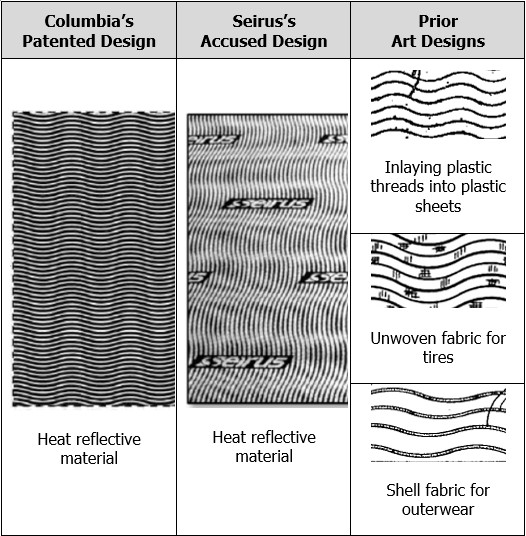Defective Service of Complaint Fails to Trigger Time Bar | Jones Day
[co-author: Tova Werblowsky]*
Institution of an IPR is automatically barred if the “petition requesting the proceeding is filed more than 1 year after the date on which the petitioner…is served with the complaint alleging infringement of the patent.” 35 U.S.C. § 315(b). In a recent PTAB case, a patent owner’s defective service of the related district court pleading on a petitioner prevented trigger of the one-year statutory time bar on IPR filings. See Lightricks Ltd. v. Plotograph, Inc., IPR2023-00153, September 5, 2023.
In November of 2021 Plotagraph Inc sued Lightricks Ltd. in the Texas Federal District court for infringement of their ‘017 patent entitled “Automated Pixel Shifting Within a Digital Image.” Plotagraph (patent owner) attempted to serve Lightricks (petitioner) with the district court complaint on two occasions—first on December 23, 2021 at the petitioner’s Haifa, Israel office, and the second time on January 4, 2022 at the petitioner’s Jerusalem, Israel office. The service on both occasions, however, included only the complaint; all exhibits related to the case were missing. After acknowledging the omitted exhibits and incomplete service, the patent owner then acquired and filed a waiver of process on January 21, 2022.
Petitioner filed for inter partes review of the ‘017 patent on January 21, 2023. The patent owner asserted in its Preliminary Response that the petition for IPR was untimely under § 315(b) because it had twice served the petitioner with its district court complaint more than one year before the January 17, 2023 PTAB petition filing date.
In an authorized Preliminary Reply, the petitioner argued that the service on both of those dates was incomplete because only the complaint and not the exhibits that were attached to the complaint were served. The petitioner argued that because the defective service attempts did not comply with Rule 4 of the Federal Rules of Civil Procedure they did not trigger the § 315(b) time bar. Fed. R. Civ. P. 4. Thus petitioner argued that the true service date was January 21, 2022, the date on which the waiver of service was filed in the district court.
In its Preliminary Sur-Reply, the patent owner argued that the defective service provided notice of the lawsuit to the petitioner, and was therefore sufficient to trigger the time bar under § 315(b). The patent owner contended that in GoPro. v 360Heros, the PTAB had already concluded that missing exhibits do not matter for the purposes of the time bar, holding in that case that “the service of a pleading asserting a claim alleging infringement, including where the serving party lacks standing to sue or the pleading is otherwise deficient triggers the time period for a petitioner to file a petition under 35 U.S.C. § 315(b). GoPro, Inc. v. 360Heros, Inc., IPR2018-01754, Paper 38 at 24 (PTAB Aug. 23, 2019) (precedential).
Quoting Federal Rule of Civil Procedure 10, the PTAB disagreed with the relevance of the GoPro decision. Fed. R. Civ. P. 10. GoPro, the PTAB clarified, is a case where the pleading itself was deficient, not where the service of process was incomplete. The PTAB pointed out that to be legally effective under FRCP Rule 4, service of process must be complete with all relevant exhibits included. Fed. R. Civ. P. 4. See also Fed. R. Civ. P. 10(c) (“an exhibit to a pleading is a part of the pleading for all purposes”). The PTAB thus concluded that the one year time period really began on “the date on which such a waiver is filed.” See Motorola Mobility LLC v. Arnouse, IPR2013-00010, Paper 20 at 6 (PTAB Jan. 30, 2013). Because the Petition was filed within one year of the patent owner filing of the waiver of service with the district court, the PTAB declined to deny institution based on the one-year bar.
Takeaway
Attention to the nuances of proper service of a complaint is important to ensure that the window for IPR challenges to an asserted patent is limited to the maximum length afforded by statute.
*Member of the New Lawyers Group in Jones Day’s New York Office.






